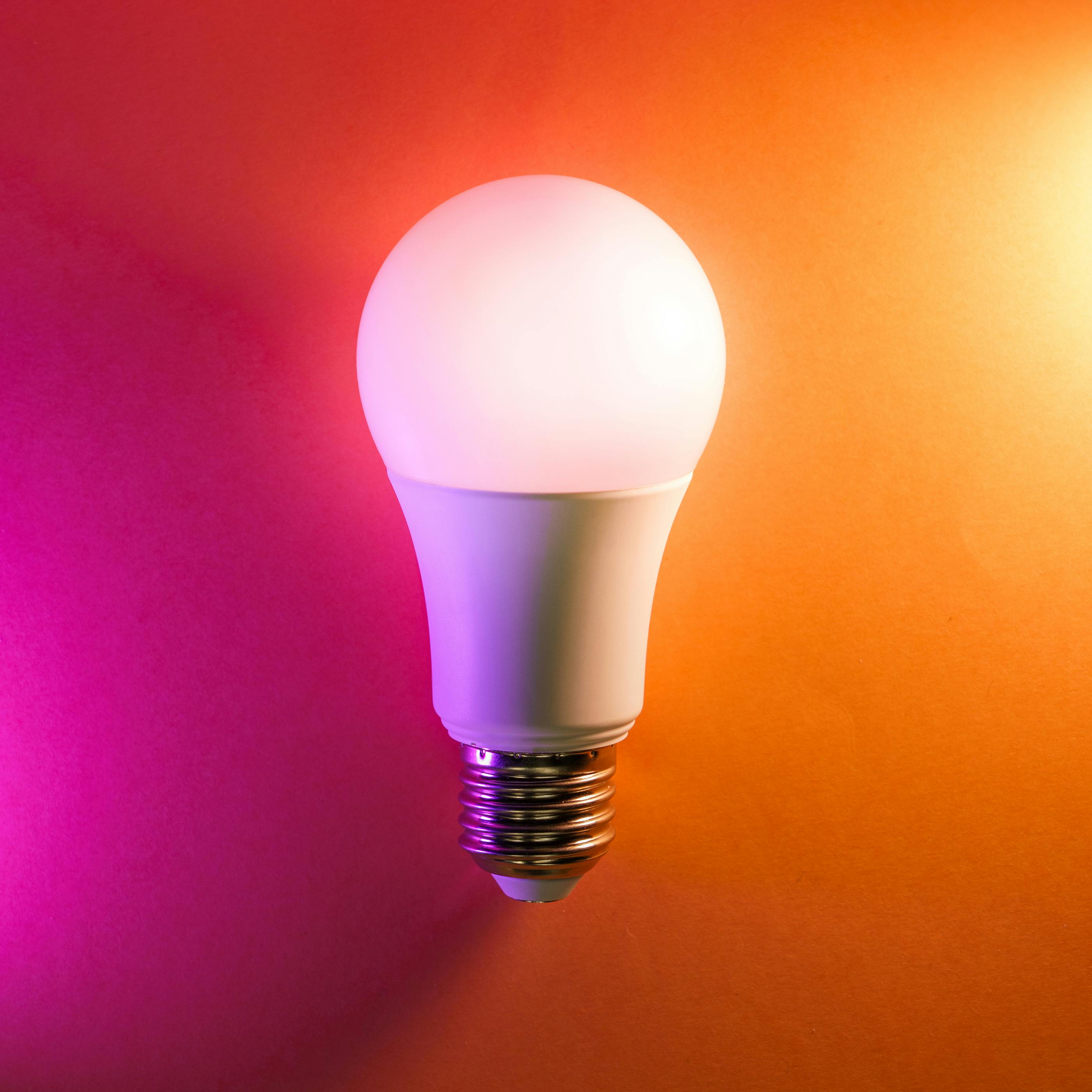
Introduction
In an era where environmental conservation is paramount and the cost of energy steadily increasing, adopting energy-efficient practices at home has never been more important. It is easy to overlook simple actions that can result in significant energy savings and a reduction in your monthly bills. This comprehensive guide outlines several practical ways you can reduce energy consumption in your home without compromising your comfort and lifestyle.
Understanding the Significance of Energy Efficiency
Energy efficiency refers to the practice or method of using less energy to accomplish the same task. Not only does this practice reduce the strain on our planet's resources, making it a sustainable action, but it also helps lower household energy expenditure. The combination of environmental benefits and personal economic gains make understanding and implementing energy-efficiency practices a worthwhile pursuit.
Top Practical Tips for Saving Energy in the Home
1. Use Energy-Efficient Appliances: Energy-efficient appliances consume less electricity for the same performance compared to their standard counterparts. Replacing your old appliances with energy-efficient models can significantly cut your energy consumption over time.
2. Insulate Your Home: Proper insulation slows down the rate at which heat escapes from your home in winter or gets in during summer. This not only keeps your home comfortable all year round, but also reduces your heating and cooling costs.
3. Install a Programmable Thermostat: A programmable thermostat allows you to customize your heating and cooling schedule, thereby reducing energy use when you're not at home or sleeping.
4. Regularly Service Your Heating System: Regular maintenance of your heating system ensures it operates with optimal efficiency and longevity. A poorly maintained system consumes more energy.
5. Use LED Lights: LED lights consume less energy and last longer than traditional incandescent and compact fluorescent lights, further reducing your energy consumption and costs.
6. Switch Off Unnecessary Lights and Appliances: This simple behaviour can significantly cut down your energy use. You can get used to turning off lights when you leave a room and unplugging appliances when you're not using them.
How to Make Your Home More Energy-Efficient
While the above tips provide immediate ways to save energy, there are longer-term investments for a more energy-efficient home.
1. Solar Panels: By harnessing the sun's energy, solar panels provide a renewable source of electricity for your home, dramatically reducing your reliance on non-renewable and expensive energy sources.
2. Energy-Efficient Windows: Energy-efficient windows significantly reduce your home's energy use by minimizing heat loss in winter and heat gain in summer. These windows can lead to substantial savings in energy costs.
3. Home Automation System: Installing a home automation system enhances control over your home's functions, like temperature, lighting, and appliances, contributing to energy efficiency.
Conclusion
Energy efficiency in the home is critical for both our environment and personal finances. Implementing practical energy-saving suggestions and making smart, long-term decisions about your home's energy use can lead to a meaningful reduction in your energy consumption. Whether you’re starting with switching off unused appliances or installing a home automation system, each small step contributes to a more energy-efficient home. As we look forward to a sustainable future, let's start by making our homes more efficient.